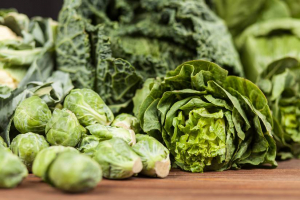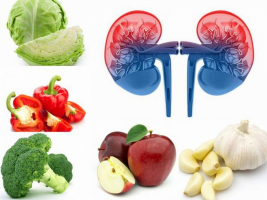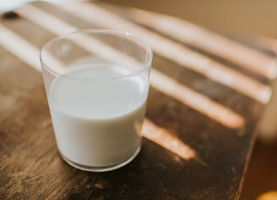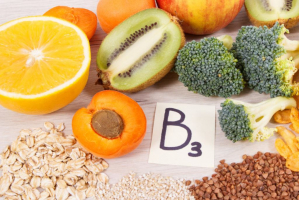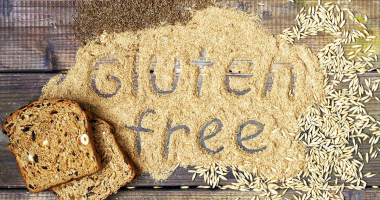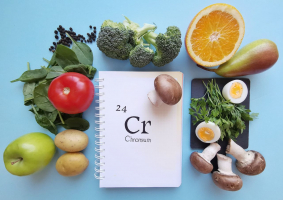Top 5 Natural Sweeteners That Are Good for Your Health
It's crucial to concentrate on your entire diet if you're worried about your intake of added sugar. As long as most of your diet consists of nutrient-dense, ... read more...complete foods, you can indulge in your favorite sweet foods on occasion without harming your overall health. When you're desiring something sweet, it's a good idea to choose healthy, natural sweeteners. They have a low calorie and fructose content and have a sweet taste. Below are some natural sweeteners that might be better for you than refined sugar.
-
A preferred low-calorie sweetener is stevia. It is made from the leaves of the Stevia rebaudiana plant. In South America, this plant has been grown for generations for both medical and sweet purposes.
Stevia leaves contain a number of sweet compounds. Stevioside and rebaudioside A are the two primary ones. Both are hundreds of times sweeter than sugar. Stevia has a lot of sweetness but almost no calories. A few human-based research also suggest that stevia might be healthy, particularly for the following aspects of health including blood sugar and blood pressure. When used in moderation, stevia is associated with few side effects and can be a great substitute for refined sugar. But the taste of stevia is unpleasant to many people. You might need to try many brands of stevia to find one you prefer because the flavor varies by brand.
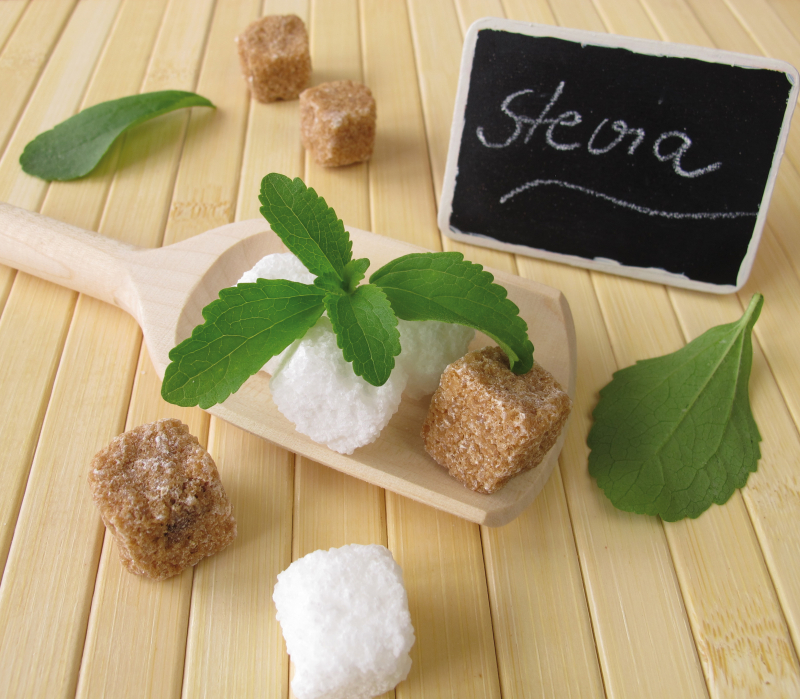
Stevia 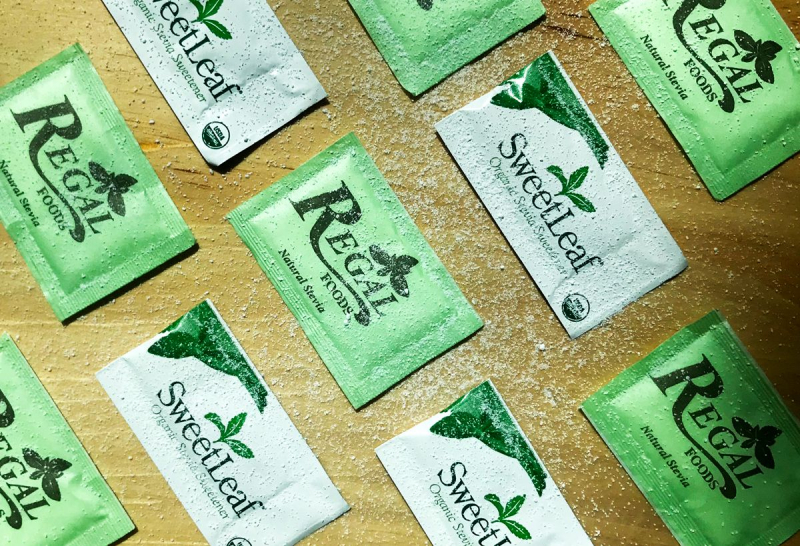
Stevia -
Another low-calorie sweetener is erythritol. It's a type of sugar alcohol that is found naturally in some fruits. But the most likely method of production for the powdered erythritol that may be bought is an industrial one.
Although it occasionally has a mild aftertaste, erythritol tastes very much like sugar. Erythritol has no effect on the levels of blood fats like cholesterol or triglycerides, nor does it cause an increase in blood sugar or insulin. It enters your body through your intestines and eventually exits your body through your urine, unchanged. Even while it's frequently more tolerable than other sugar alcohols, consuming too much at once might result in digestive problems, such as gas and diarrhea, especially when mixed with other sugars like fructose. Remember that erythritol has a significantly lower likelihood of causing digestive problems than other sugar alcohols like xylitol.
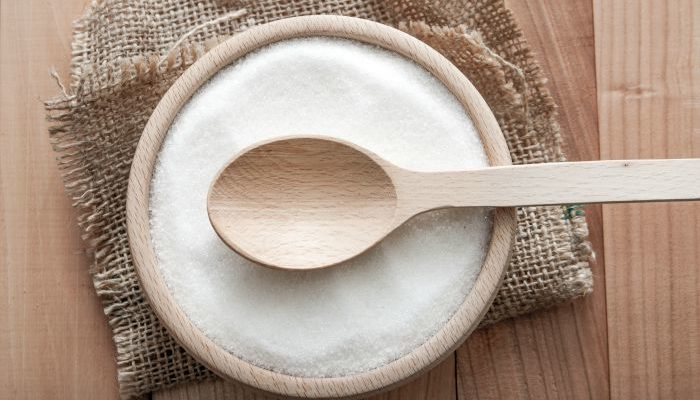
Erythritol 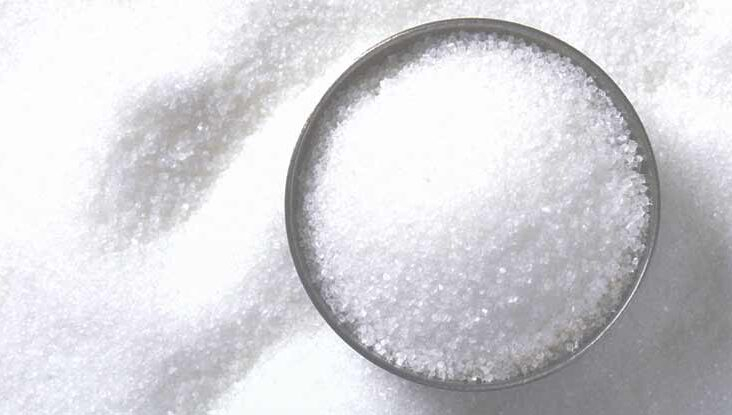
Erythritol -
Sugar alcohol with sweetness like sugar, xylitol. Xylitol looks and tastes like sugar but has fewer calories and doesn’t raise blood sugar levels. It seems that xylitol has certain advantages for dental health, such as lowering the risk of cavities and tooth decay.
Some animal studies suggest that it may also increase bone density, therefore preventing osteoporosis. In addition, studies demonstrate that xylitol can raise levels of a variety of substances in the digestive system to maintain your gut microbiota. Additionally, xylitol doesn't increase insulin or blood sugar levels. However, at high doses, it can have the same digestive adverse effects as other sugar alcohols, such as abdominal gas and diarrhea. So it's advised to use xylitol cautiously. Last but not least, keep xylitol out of your dog's reach because it is extremely toxic to dogs.
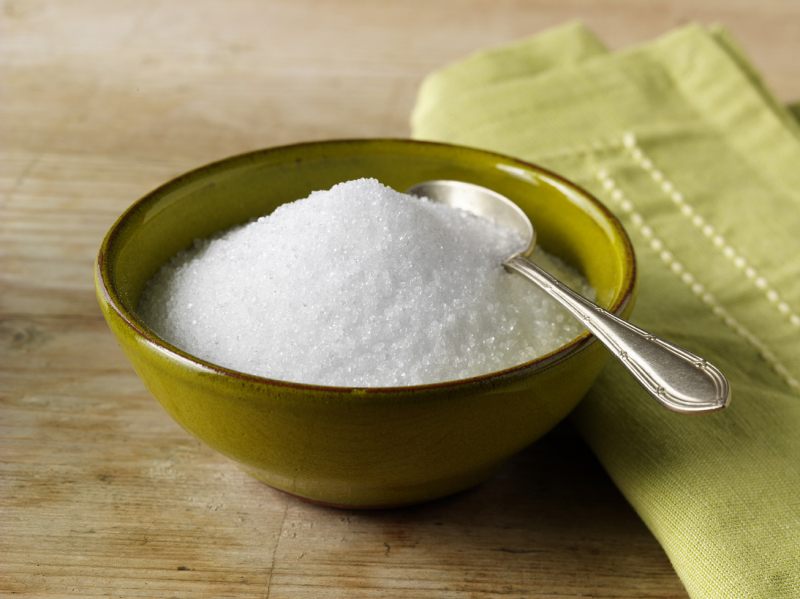
Xylitol 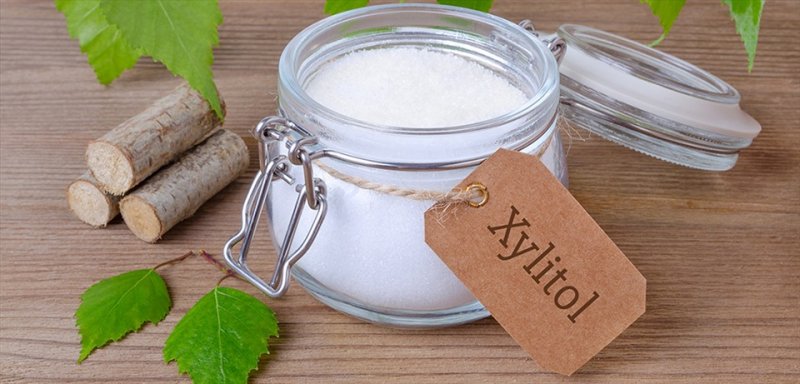
Xylitol -
Another sweetener is yacon syrup. The yacon plant, which is native to South America's Andes, is used to make it. It contains a lot of fructooligosaccharides, soluble fibers that feed the beneficial microorganisms in your intestine.
Due to its high soluble fiber content, yacon syrup may help avoid constipation and has other benefits. In one study, yacon syrup reduced the transit time through the digestive tract from 60 to 40 hours and increased stool frequency from 1.1 to 1.3 per day. Because a large part of yacon syrup isn’t digested, it has only a third of the caloric value of sugar, about 133 calories per 100 grams, or 20 calories per tablespoon. For this reason, it can be used as a low-calorie alternative to sugar. Though it can lead to digestive issues, avoid consuming too much at once.

Yacon syrup 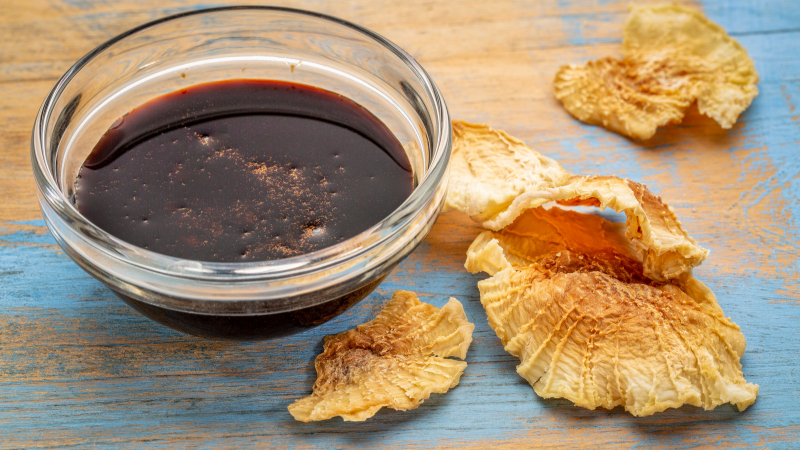
Yacon syrup -
Southeast Asia is the traditional home of monk fruit. It is frequently used to make monk fruit extract, a natural sweetener. It has no calories or carbs, and some studies indicate that it might support better blood sugar control. However, this same study came to the conclusion that there is not enough data to demonstrate the safety of monk fruit extract as an ingredient in foods.
Mogrosides, the antioxidants found in monk fruit, have been demonstrated in some studies to have anti-inflammatory properties. Monk fruit is widely regarded as safe and hasn't been linked to any negative side effects, despite the lack of study on its effects on humans. When purchasing monk fruit extract, it's crucial to read the ingredient label because many products contain sugar or other sweeteners in addition to the extract, which may wipe out any potential health advantages.
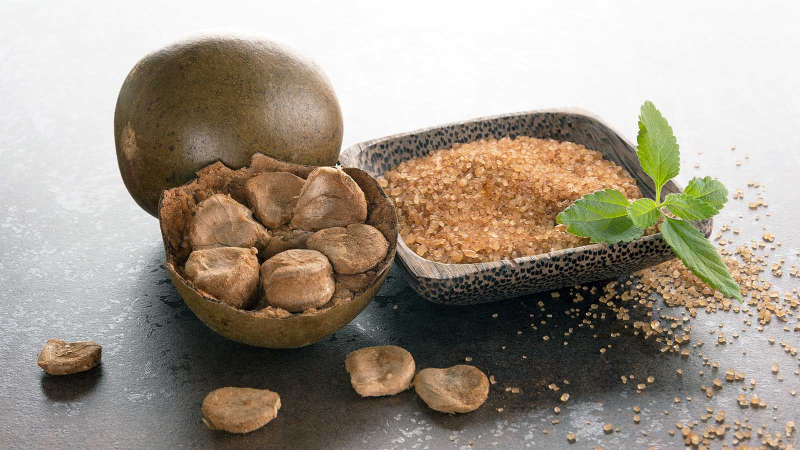
Monk fruit sweetener 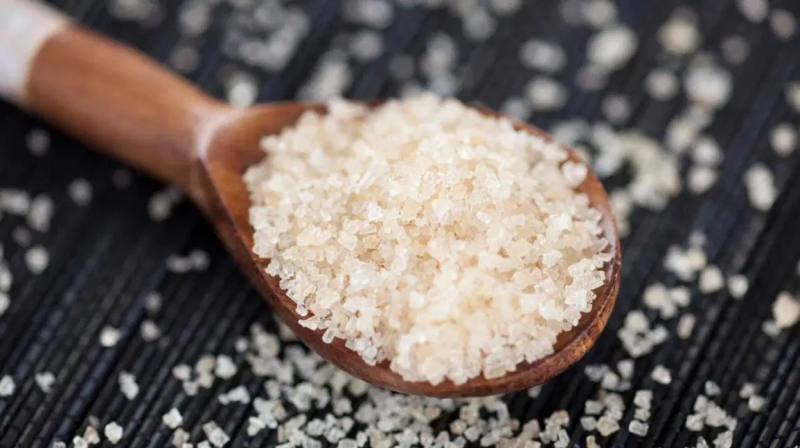
Monk fruit sweetener







